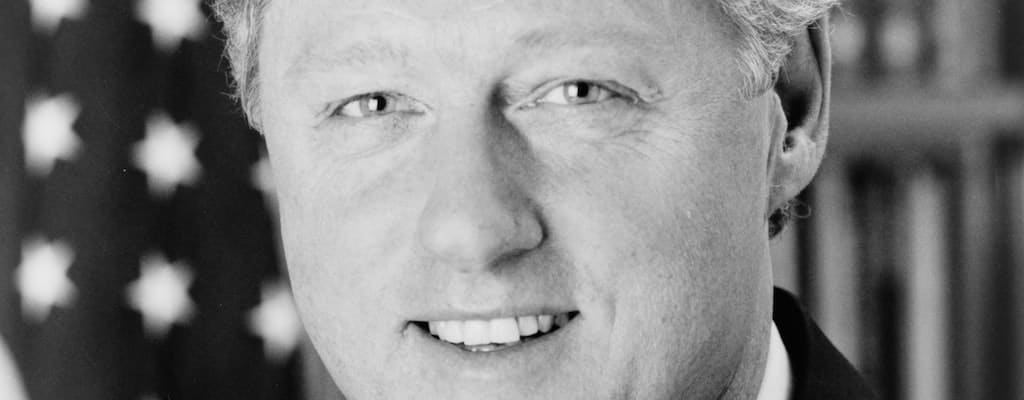play politics: Idiom Meaning and Origin
What does ‘play politics’ mean?
The idiom "play politics" means to use strategic and manipulative tactics to gain advantage, often in a workplace or social setting.

Idiom Explorer
The idiom "pull strings" means to use one's influence or connections to manipulate or control a situation in one's favor.
The idiom "play up" means to emphasize or highlight something, often in order to gain attention or elicit a certain reaction. It can also refer to exaggerating or overplaying a situation or a person's abilities.
"Play to win" is an idiom that means to engage in a situation or activity with the intention of achieving victory or success, rather than just participating or going through the motions. It emphasizes the importance of being competitive and putting forth one's best effort to achieve a specific goal or outcome.
The idiom "play to the gallery" means to behave or perform in a way that is intended to gain the favor, support, or applause of the audience or the general public, often without regard for substance or sincerity.
The idiom "play the victim card" means to intentionally act like a victim in order to gain sympathy or to avoid taking responsibility for one's actions.
The idiom "play the race card" refers to the act of using one's race as a means to gain advantage in a situation or to deflect criticism by accusing others of racism.
The idiom "play the man and not the ball" means to focus on attacking or criticizing someone personally instead of addressing the issue at hand. It implies a diversion from the main point of the argument and resorting to personal attacks instead.
The idiom "play the gender card" means to use one's gender as a way to gain advantage or manipulate a situation, typically in an unfair or strategic manner.
The idiom "play the fool" means to act silly or foolish, often for amusement or as a way to hide one's true thoughts or intentions.
Political Maneuvering Explained
The idiom "play politics" has several meanings, all of which revolve around the idea of engaging in political maneuvering or manipulative behavior for personal gain. The term "play," in this context, refers to carrying out actions or behaving in a certain way, while "politics" pertains to the activities associated with governance and power.
One interpretation of the idiom "play politics" is to engage in strategic behavior within an organization or group to gain an advantage or achieve personal goals. It involves using political skills, such as persuasion, networking, and lobbying, to navigate the complexities of power dynamics and attain desired outcomes. This can be seen in the workplace, where employees may employ various tactics to increase their chances of promotion or influence decision-making processes.
Another aspect of the idiom relates to the act of engaging in political gamesmanship, often associated with politicians. "Playing politics" in this sense involves manipulating public opinion, making calculated moves, and using strategic alliances to gain or maintain power. It reflects the sometimes deceptive nature of political campaigns and the strategies employed by politicians to achieve their objectives.
Furthermore, the idiom can convey the idea of indulging in political debates or discussions purely for the sake of winning or gaining an upper hand, rather than engaging in genuine discourse aimed at understanding different perspectives and reaching a consensus. This aspect highlights the negative connotations of the idiom, suggesting a focus on personal gain or triumph over meaningful dialogue and cooperation.
The idiom "play politics" is particularly relevant in the context of organizational dynamics, political campaigns, and public discourse. Its multifaceted nature captures the intricacies and complexities of power dynamics and strategic behavior, which are intrinsic to political environments. By examining the different facets of this idiom, we gain insights into the strategies and behaviors that individuals can employ to pursue personal ambitions or attain power in various settings.
One related idiom is "play games." Playing games means engaging in manipulative or deceitful behavior in order to achieve personal goals. This can be seen as a synonym for "play politics," as both idioms involve strategic behavior for personal gain. However, "play games" may have a broader scope, encompassing actions outside of political contexts.
Another related idiom is "palace politics." This term refers to the intricate power dynamics and manipulative behavior that often occur in royal or elite circles. Just like "play politics," "palace politics" suggests the use of strategic maneuvers and alliances to gain or maintain power, often at the expense of genuine collaboration or dialogue.
In addition, the idiom "play the gender card" is related to "play politics." "Playing the gender card" involves manipulating or exploiting gender-related issues or stereotypes to gain an advantage or deflect criticism. This can be seen as a specific form of political maneuvering, where individuals use their gender as a tool for personal gain or to shape public opinion.
Lastly, the idiom "play the angles" is another related term. To "play the angles" means to adopt a strategic approach to achieve personal goals or gain an advantage, often by exploiting loopholes or finding clever solutions to problems. This aligns with the idea of strategic behavior and maneuvering inherent in "play politics."
However, while the idiom shines a light on these manipulative aspects of political engagement, it also leaves room for exploration and introspection. By understanding the negative connotations associated with playing politics, we can strive for more authentic and collaborative ways of navigating power dynamics. This raises questions about the balance between personal ambition and collective progress, as well as the ethical implications of strategic behavior in different spheres of life.
The idiom "play politics" encompasses the notions of strategic behavior, manipulation, and power dynamics within various contexts. Its usage conveys a sense of maneuvering and strategizing for personal gain, often at the expense of genuine dialogue and collaboration. By exploring the implications of this idiom, we gain a deeper understanding of the complex nature of political engagement and the ethical considerations associated with it.
Example usage
Examples of how the idiom *play politics* can be used in a sentence:
- She was not interested in actually getting work done; she preferred to play politics and manipulate others to gain power.
- The CEO is known for his ability to play politics and navigate the complex web of relationships within the company.
- Some politicians prioritize their own personal goals and agendas instead of working for the betterment of the people, engaging in a constant game of playing politics.
More "Politics" idioms



